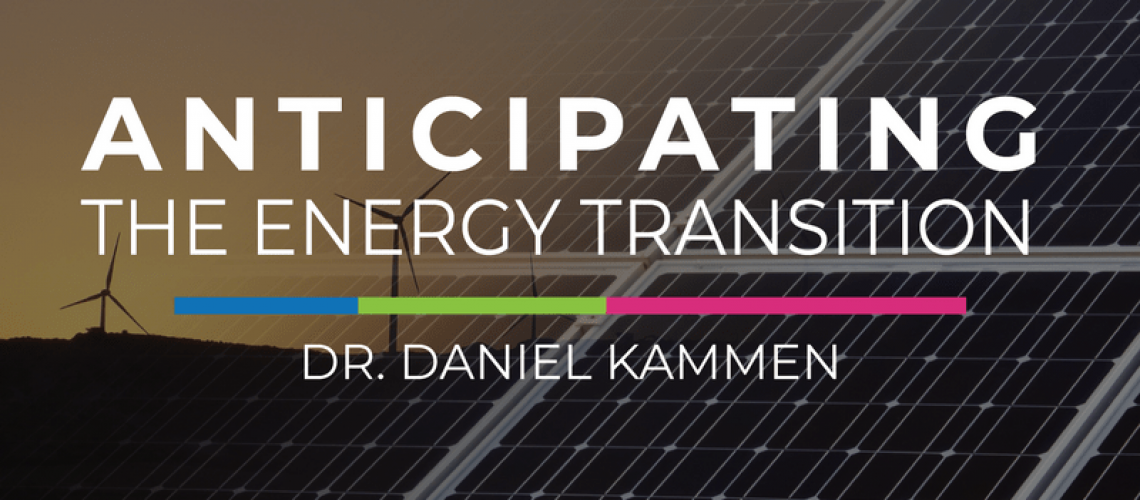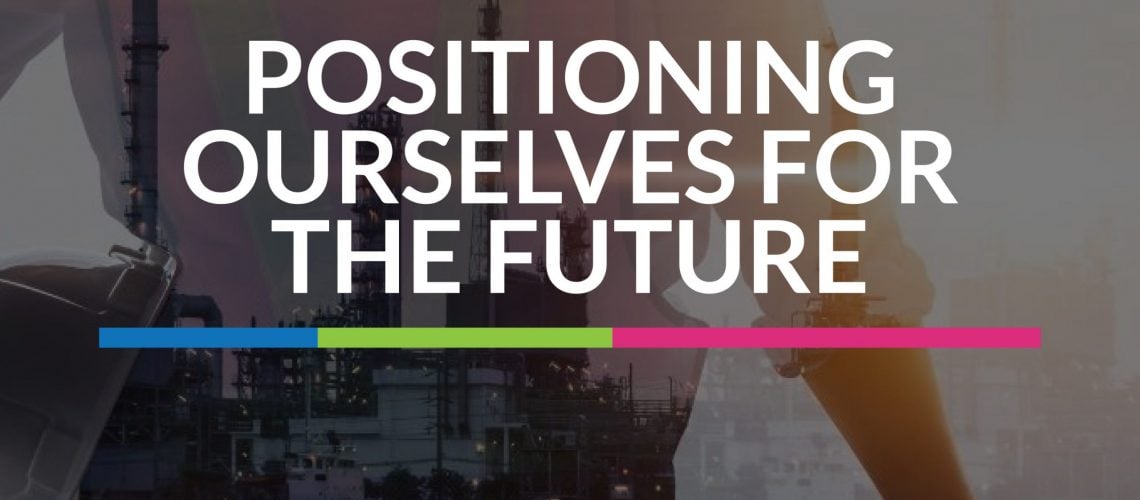In this episode of Voices of Energy, host Katie Mehnert, founder and CEO of ALLY Energy, interviews Dr. Daniel Kammen. Daniel is a Professor of Energy at UCal Berkeley, where he is chair of the Energy & Resources Group and directs the Center for Environmental Public Policy and the Department of Nuclear Engineering in the Goldman School of Public Policy. Daniel is the founding director of the Renewable & Appropriate Energy Laboratory, directed the Transportation Sustainability Research Center from 2007-2015, and was the first energy fellow of the Environment and Climate Partnership for the Americas (ECPA) initiative. He began service at the Science Envoy for US Secretary of State John Kerry in 2016, but resigned in 2017 over President Trump’s policies.
What will John Kerry bring to U.S. energy and climate policy? (01:47)
In light of Daniel’s extensive experience in the energy field and high-level political connections, Katie first asks for his take on President-Elect Joe Biden’s announcement that John Kerry will serve in his administration as a global climate envoy. Daniel is excited about Kerry’s appointment, particularly in light of Kerry’s track record and the gravitas he has built through his diplomatic skills and connections. He played a significant role in the Paris accord, which was a major step of the international community to do something about climate change. While many criticize the agreement as being a mere statement, Daniel explains how it has actually prompted change. Under Trump, the US backed out from the agreement, but Daniel has high hopes that the US will again step up and make its presence known in the global movement toward an energy transition and climate protection.
The future of petroleum and fracking (07:59)
Moving forward, Katie turns attention to this energy transition, first asking for Daniel’s view of the oil and gas industry’s push for greener energy. Daniel agrees with what Biden has said on the matter, which is that the industry needs to transition, but to do so over the span of 15 years rather than all at once. There are many opportunities for the industry to grow, and it can start with geothermal energy, hydrogen, and carbon capture and storage. And contrary to the concerns that Katie says many of her fellow Texas-natives have about the possibility of fracking (with fracking jobs) being phased out and leaving people unemployed, the transition of the oil and gas industry presents new opportunities for jobs with its high focus on people and technology over resources.
Energy power states: Texas vs. California (15:05)
As the conversation moves toward a close, Katie raises two final questions. First, how can Texas and California come together to power this new future? There is much potential in both states, from existing infrastructure to an air of innovation and research, and Daniel thinks all the companies of the states ultimately have to do to lead the way is take the moment of transition seriously.
Advice for younger generations (19:59)
Finally, Katie asks for Daniel’s input for a student or person early in his/her oil and gas career. Daniel shares about the growth areas within the energy field for such individuals, especially in the area of climate justice and community partnership.




